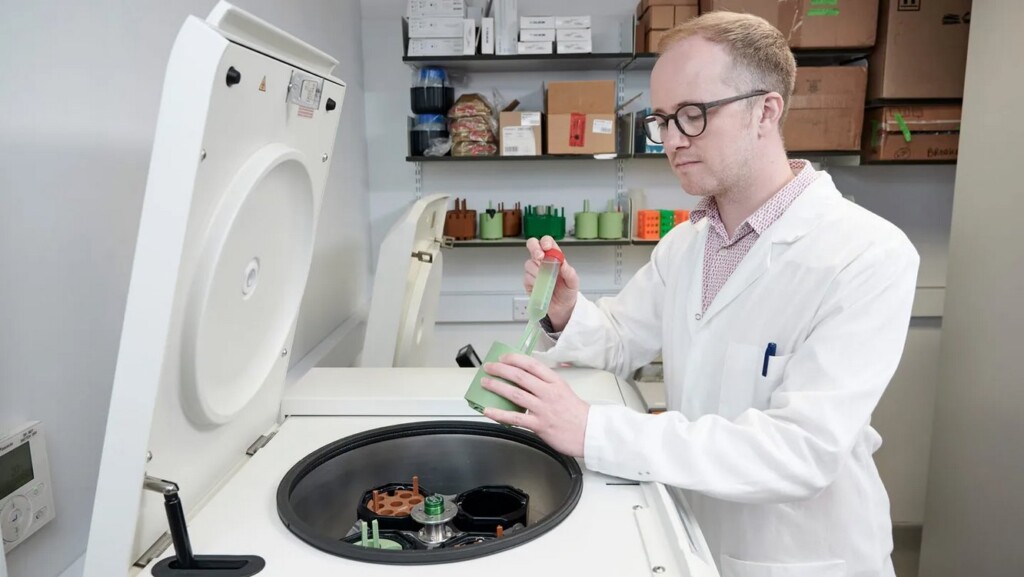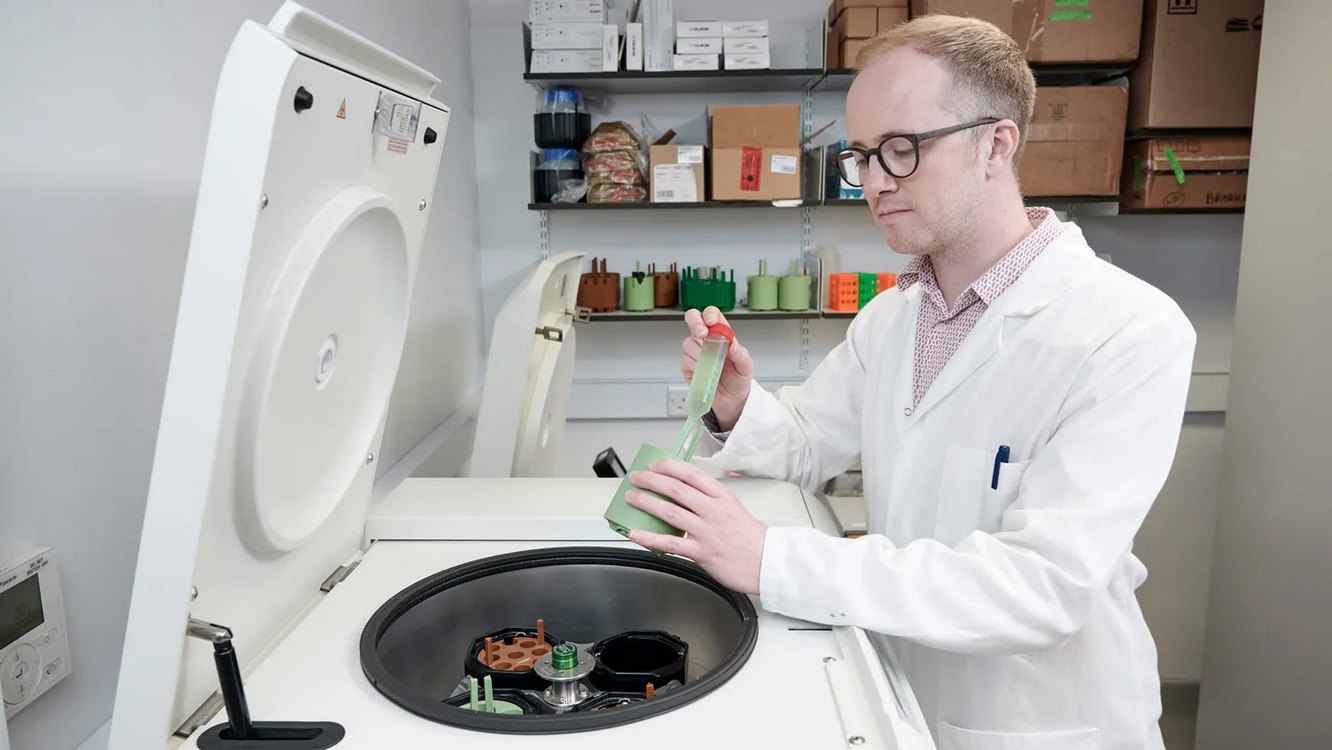
Scientists in Scotland recently engineered bacteria to be able to turn plastic into a precursor to the painkiller acetaminophen, also known as paracetamol.
Though far from scalable at the moment, the reaction nevertheless underpins a potential starting point for greener production and recycling systems, as acetaminophen is produced with fossil fuels, and plastic pollutes the environment.
The precursor compound, known as para-aminobenzoic acid (PABA), can be made endogenously by Escherichia coli bacteria, and so those used in the study had this ability removed through genetic engineering.
In this way, the bacteria needed to perform a Lossen rearrangement—or the process by which a nitrogen bearing molecule from the environment is converted to PABA, which is also the precursor to the vitamin B9, or folic acid.
The molecule selected was polyethylene terephthalate (PET), one of the most common plastic polymers used today. Forming plastic water and beverage bottles, packaging, and other items, 350 million tons of this strong yet lightweight plastic turns into waste and pollution every year.
At room temperature, 92% of the PET was converted over 48 hours by the engineered bacteria into PABA—the active ingredient in acetaminophen/paracetamol, which themselves are the active ingredient in name brand painkillers like Tylenol and Panadol.
MORE STORIES LIKE THIS: Plastic-Recycling Enzyme Discovered in Compost Heap Close to Commercialization Through German Startup
The factories that create these medications are often powered by fossil fuels, but the E. coli performed the rearrangement without any detectable carbon emissions. The PET plastic, meanwhile, was recycled in the solution.
“This work demonstrates that PET plastic isn’t just waste or a material destined to become more plastic, it can be transformed by microorganisms into valuable new products, including those with potential for treating disease,” said Professor Stephen Wallace
UKRI Future Leaders Fellow and Chair of Chemical Biotechnology who participated in the research and co-authored the paper presenting it.
ALSO CHECK OUT: New Species of Bacteria Can Act as Electric Wiring and Aid in Pollution Cleanup – and Much More
“Based on what we’ve seen, it’s highly likely that many—or even most—bacteria can perform these kinds of transmutations,” Wallace said. “This opens up a whole new way of thinking about how we might use microbes as tiny chemical factories.”
SHARE This Bacterial Alchemy With Your Friends On Social Media…


Leave a Reply